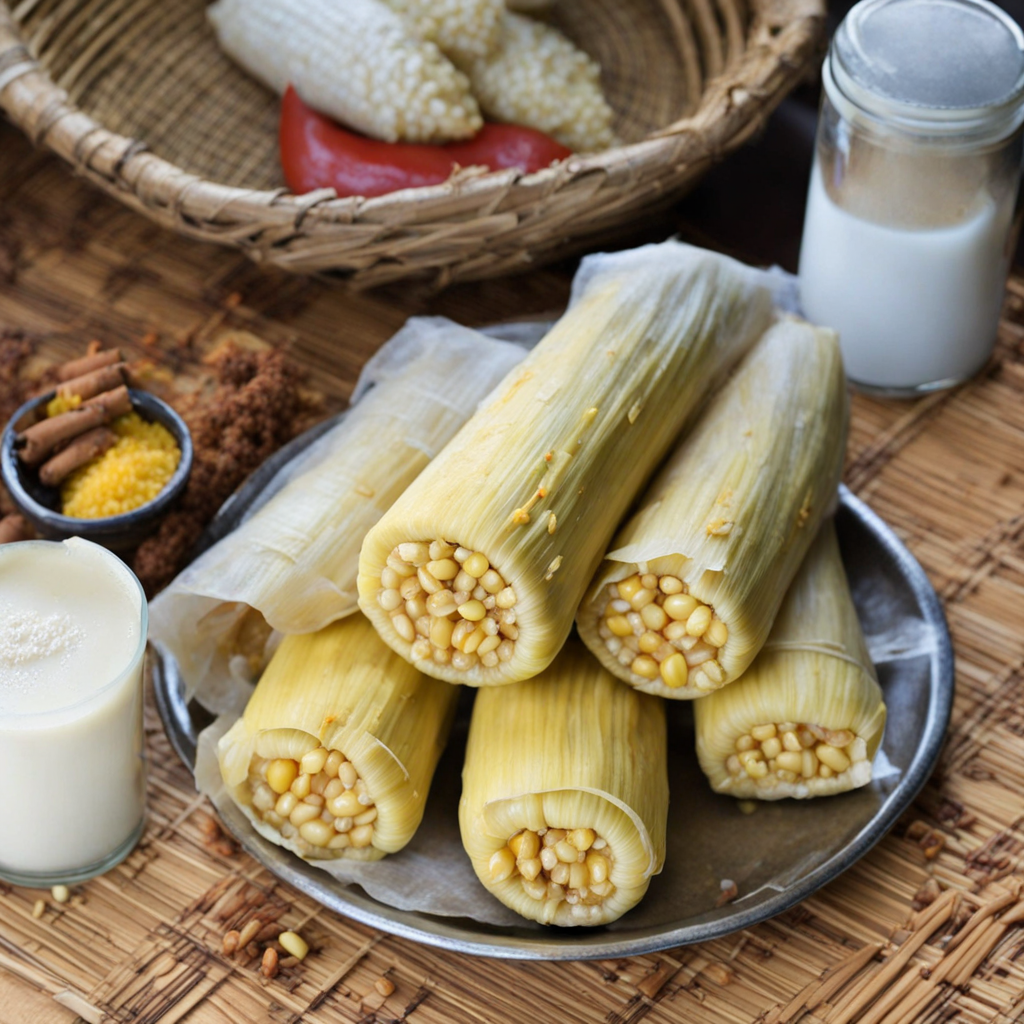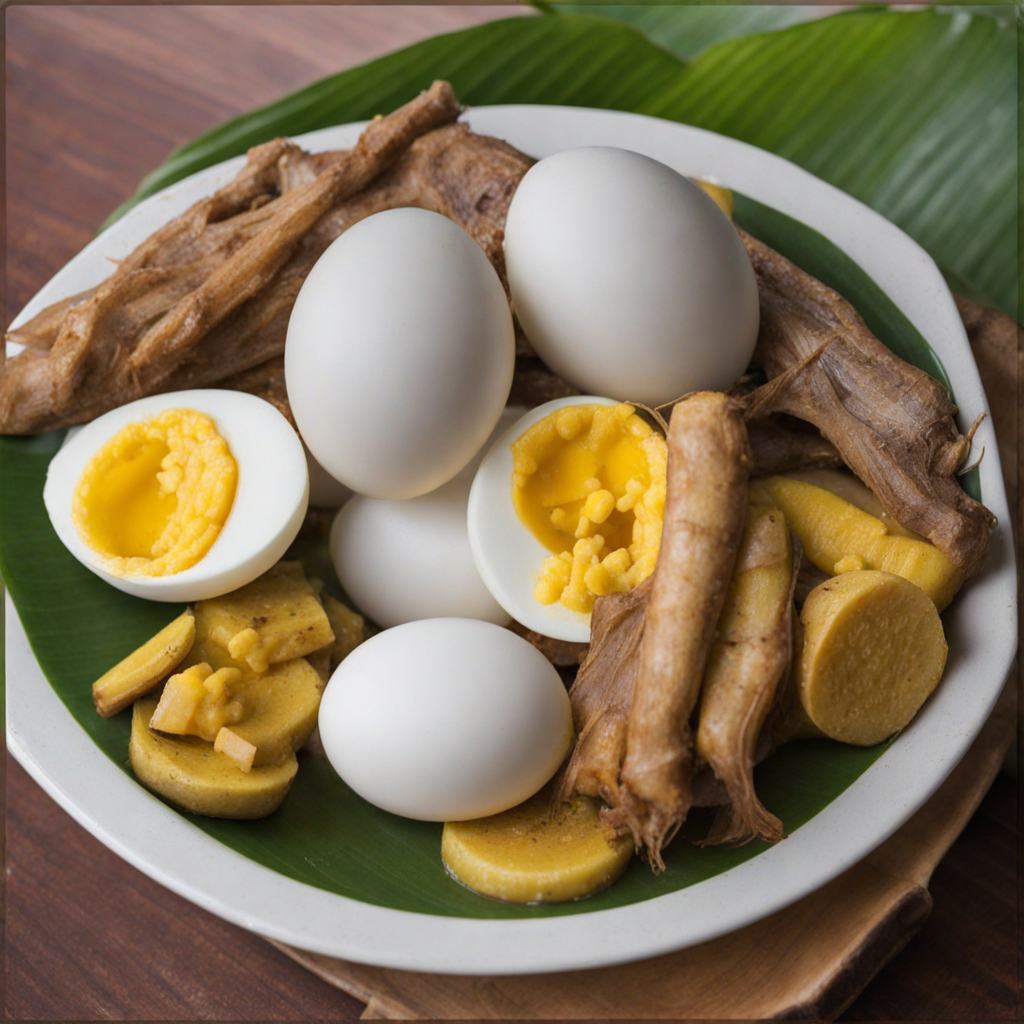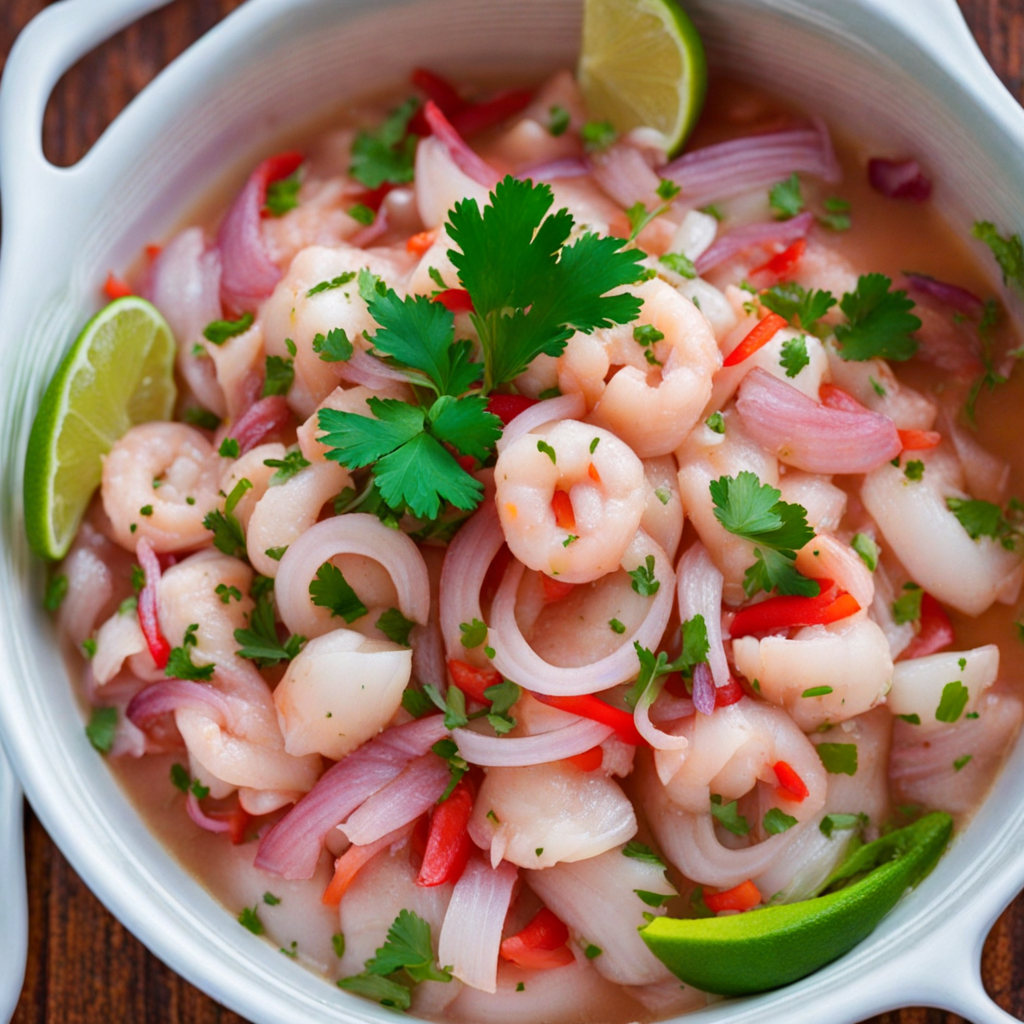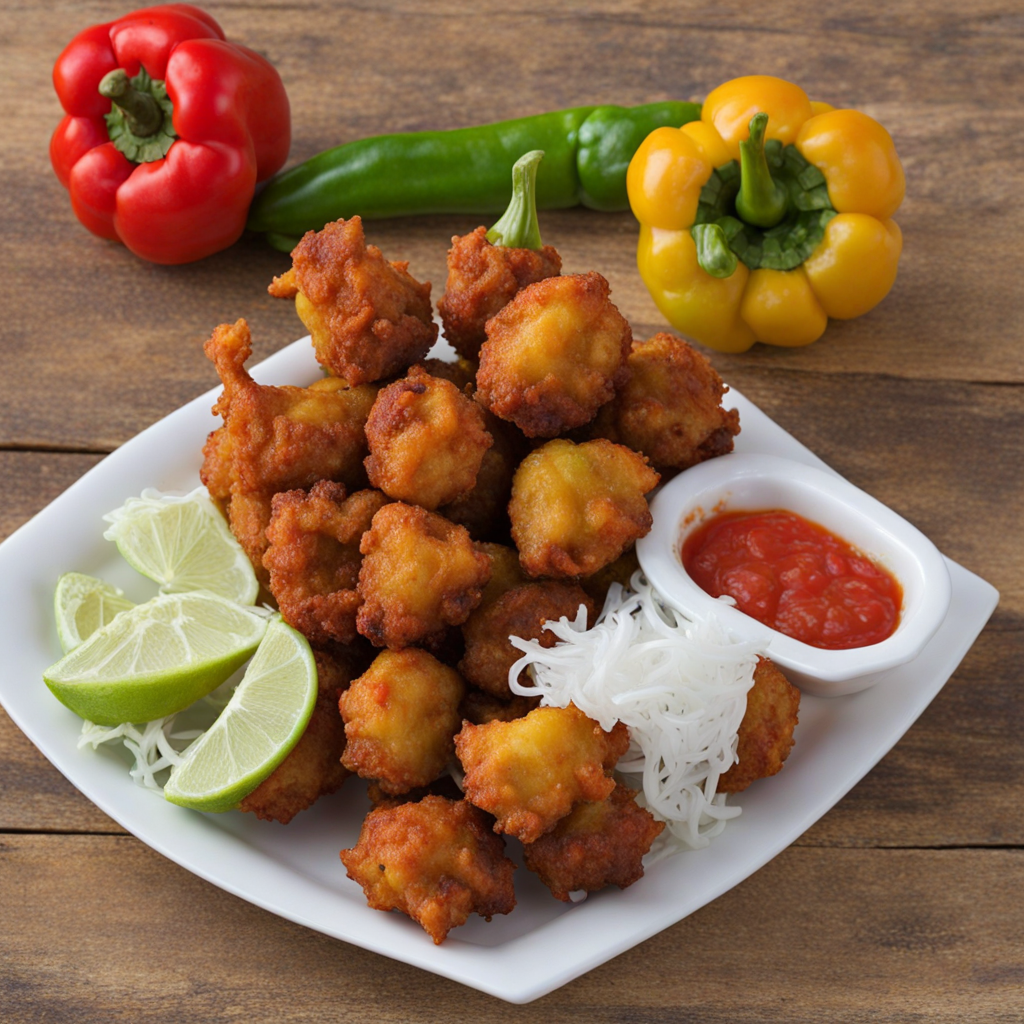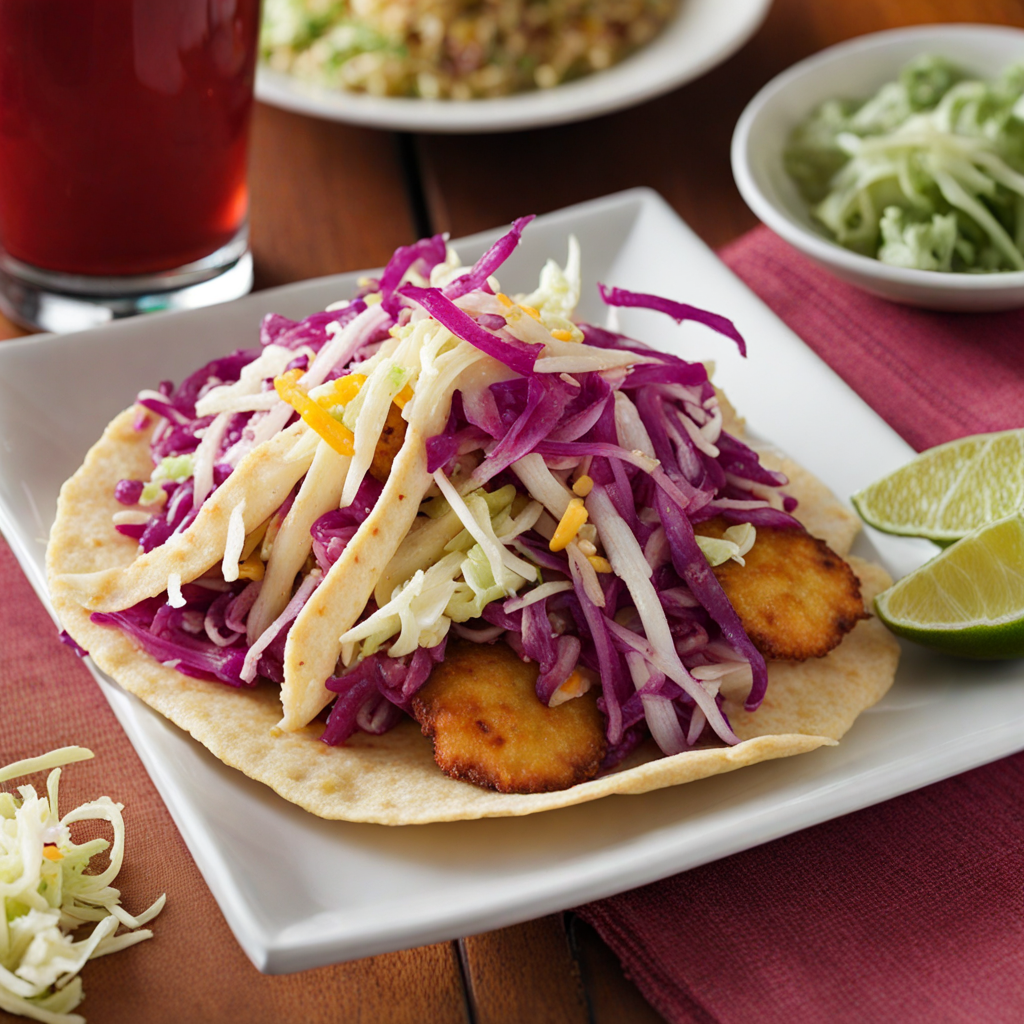Dukunu
Dukunu is a traditional Belizean dish that showcases the rich culinary heritage of the country. This delightful treat is made primarily from corn, which is ground into a fine dough and combined with ingredients like coconut milk, sugar, and spices. The mixture is then wrapped in banana leaves and steamed, allowing the flavors to meld together beautifully. The result is a soft, slightly sweet cake that boasts a unique texture and a lovely aroma, making it a popular choice for both locals and visitors seeking an authentic taste of Belize.
The preparation of Dukunu is often a communal activity, bringing families and friends together in the kitchen. The process begins with selecting the freshest corn, which is then meticulously ground and mixed with other ingredients. The dough is carefully wrapped in banana leaves, imparting a subtle earthy flavor and keeping the cake moist during the steaming process. This method of cooking enhances the dish's overall taste, giving it a distinct character that is difficult to find in other cuisines.
How It Became This Dish
The History of Dukunu: A Belizean Delight Introduction Dukunu, a traditional dish from Belize, is a delicious fusion of corn and coconut that embodies the rich cultural heritage of this Central American nation. Known for its unique preparation and evocative flavors, Dukunu is more than just a meal; it is a representation of the diverse influences that have shaped Belizean cuisine over the centuries. This essay will explore the origins, cultural significance, and evolution of Dukunu within the context of Belize's vibrant history. Origins of Dukunu The roots of Dukunu can be traced back to the indigenous Maya people, who have inhabited the region for thousands of years. The Maya cultivated maize (corn), which was not only a staple food but also held spiritual significance. It was considered sacred, often associated with creation myths and agricultural rituals. The preparation of maize into various forms—such as tortillas, tamales, and atole—was integral to the Maya diet and culture. Dukunu, specifically, is a type of corn pudding or tamale that combines ground corn with coconut milk, sugar, and spices, wrapped in corn husks, and then steamed. The melding of corn and coconut reflects the geographical bounty of Belize, where maize grows abundantly alongside coconuts. This synthesis highlights the harmonious relationship between the land and its inhabitants, as well as the adaptability of indigenous foodways. With the arrival of the Spanish in the 16th century, Belize saw an influx of new ingredients and culinary techniques. While the Spanish colonizers introduced various spices and cooking methods, they also interacted with other cultures, including the Garifuna and Creole communities. As these groups settled in Belize, they brought their own culinary traditions, which further enriched the local food landscape. The incorporation of fruits, spices, and cooking styles from different cultures contributed to the development of Dukunu, making it a symbol of Belize's multicultural identity. Cultural Significance Dukunu holds a special place in the hearts of Belizeans, often associated with community gatherings, celebrations, and family traditions. It is a common dish served at festivals, holidays, and significant life events such as birthdays and weddings. In many households, the preparation of Dukunu is a communal activity, bringing families and friends together to share in the labor and joy of cooking. The dish is particularly significant during the Garifuna Settlement Day celebrations, which commemorate the arrival of the Garifuna people to Belize in the 18th century. This day is marked by vibrant festivities, including music, dance, and, of course, food. Dukunu is enjoyed alongside other traditional dishes, such as cassava bread and hudut (a fish and plantain soup), showcasing the diverse cultural heritage of the Garifuna and their contributions to Belizean cuisine. Moreover, Dukunu represents a sense of identity and belonging for many Belizeans, reflecting the country’s history of resilience and adaptation. As Belize has undergone various transformations—colonization, cultural assimilation, and globalization—the preservation of traditional foods like Dukunu serves as a means of maintaining cultural ties and honoring ancestral practices. Development Over Time As Belize entered the 20th century, Dukunu's popularity grew beyond the confines of indigenous and traditional communities. The rising tourism industry in Belize began to spotlight local foods, and Dukunu became a staple on the menus of restaurants catering to visitors eager to experience authentic Belizean cuisine. This exposure led to an appreciation of Dukunu not only as a beloved local dish but also as a culinary representation of Belize's rich cultural tapestry. In recent years, there has been a resurgence in the interest in traditional foods, as younger generations seek to reconnect with their cultural heritage. This revival has prompted a new wave of culinary innovation, where chefs and home cooks experiment with Dukunu by incorporating contemporary ingredients and techniques. For instance, some variations include the addition of spices like cinnamon and nutmeg or the use of sweeteners like honey or maple syrup, which can appeal to diverse palates while retaining the essence of the traditional dish. Furthermore, Dukunu has gained recognition beyond Belize, appearing at food festivals and culinary events that celebrate Central American cuisine. It has become a symbol of Belizean identity, and its preparation and consumption can be seen as acts of cultural pride. Many Belizeans living abroad have also taken to recreating Dukunu in their kitchens, fostering a sense of nostalgia and connection to their homeland. Conclusion Dukunu is more than just a dish; it is a culinary artifact that tells the story of Belize's history, culture, and resilience. From its indigenous roots to its role in contemporary celebrations, Dukunu embodies the spirit of a nation that cherishes its traditions while embracing change. As Belize continues to evolve, the importance of Dukunu remains steadfast, serving as a delicious reminder of the diverse influences that have shaped its culinary landscape. In an era where globalization often homogenizes food cultures, Dukunu stands as a testament to the power of local ingredients and traditional cooking methods. It invites people to gather around the table, sharing stories, laughter, and love, reinforcing the notion that food is not merely sustenance but an integral part of our identities and heritage. As we savor the flavors of Dukunu, we also partake in the rich narrative of Belize, celebrating its past while nourishing its future.
You may like
Discover local flavors from Belize



